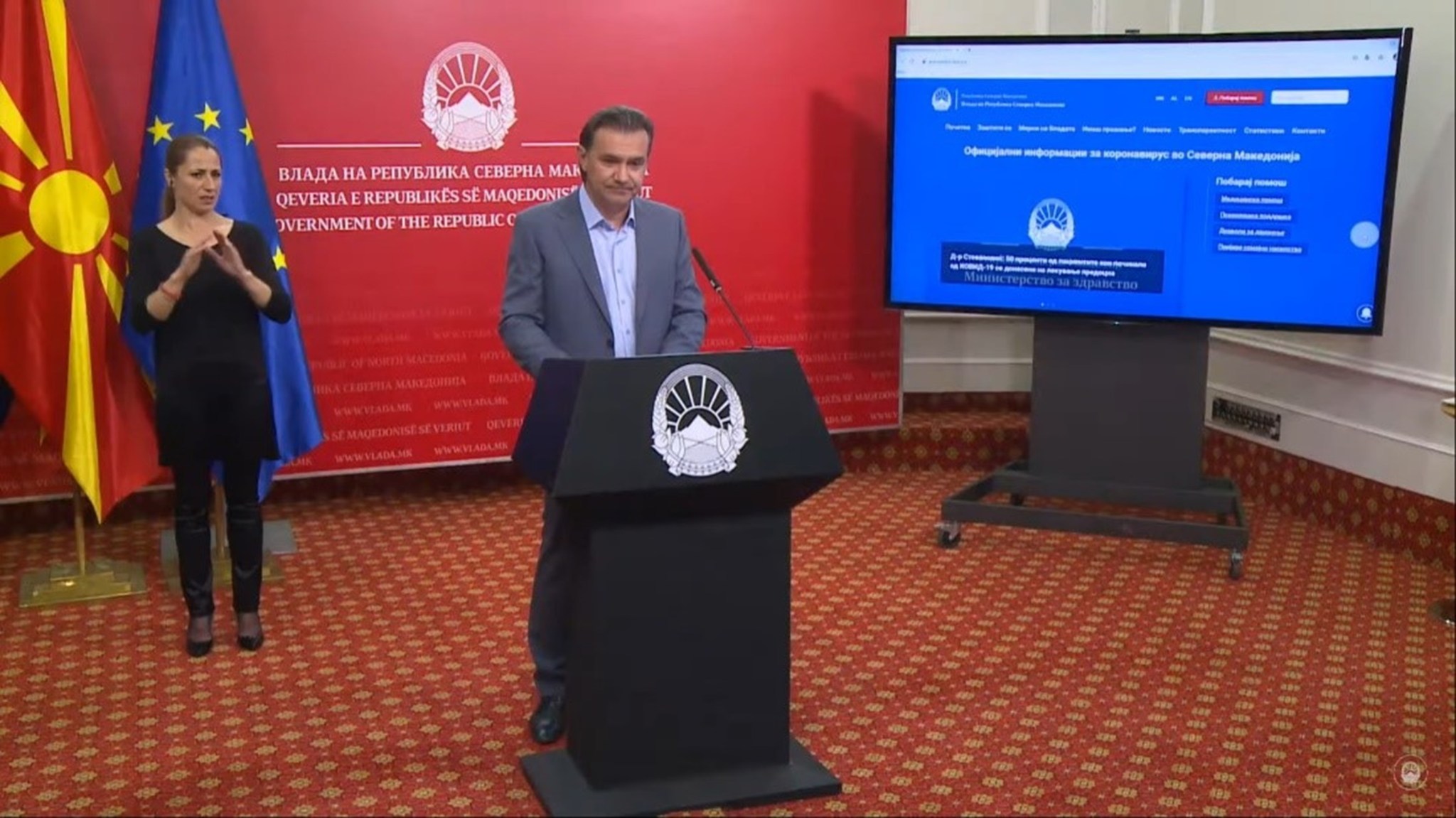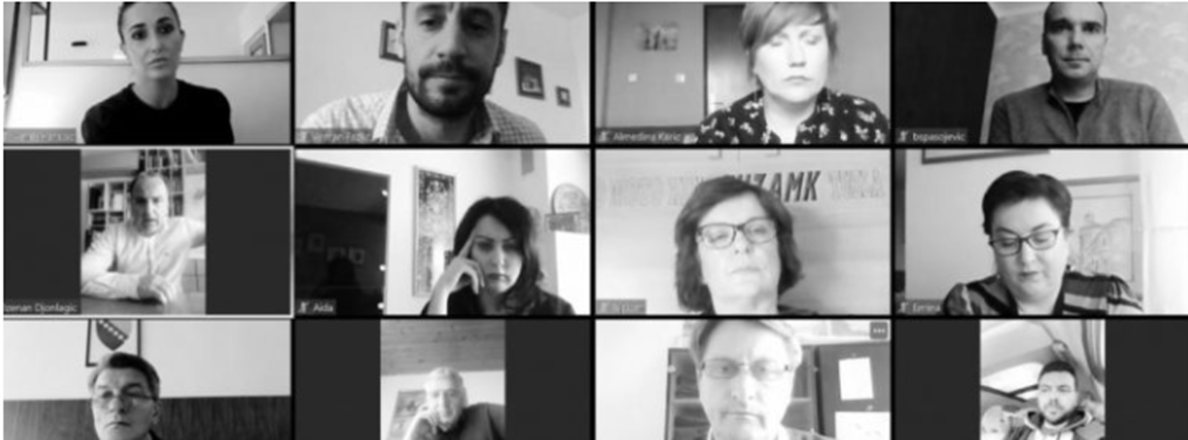
The COVID-19 pandemic paralyzed governments when it appeared in the spring of 2020. The International Republican Institute (IRI) assisted governments all around the world, including the Western Balkans, to improve their response to the devastating global health crisis. Governments needed to create new mechanisms to carry out their daily tasks and respond effectively to the pandemic while balancing the pressures of health and job functioning on a government level. Fortunately, IRI was able to assist governments in all these areas.
In North Macedonia, IRI, as part of the Consortium for Elections and Political Party Strengthening (CEPPS), created a COVID-19 donation portal, completed a financial transparency website, and improved the government’s coronavirus information website. In Bosnia and Herzegovina (BiH), IRI helped a caucus pass an amendment that allowed the parliament to meet virtually. IRI also leveraged its relationships with leaders throughout the Western Balkans, partnering with the Atlanta-based Task Force on Global Health (TFGH) to organize a virtual roundtable to share best practices and lessons learned.
Increasing Financial Transparency of COVID transactions in North Macedonia
When the pandemic first hit in March 2020, IRI responded quickly in North Macedonia. IRI staffers representing CEPPS and IRI met with Robert Popovski, the Macedonian Minister of Communications, Accountability and Transparency, to discuss creating a web portal that would disclose all government spending, donations, procurement, and budget transfers regarding the COVID-19 response. The meeting was a success, and the portal launched on June 23. In conjunction, CEPPS and IRI improved the government’s coronavirus information website. This strengthened communication of its COVID-19 response and gave citizens better access to information about available assistance programs.
Enabling Virtual Meetings in Bosnia and Herzegovina
Regarding the day-to-day functions of government, IRI, through existing relationships with the caucus members, convened the first virtual meeting of the European Integration and Security Caucus (EISC) in BiH. Members of Parliament (MPs) requested changes to the procedural rules to allow for virtual parliamentary sessions and voting online. The parliament approved the virtual sessions, which allowed MPs to pass measures regarding the procurement and importation of necessary medical equipment. Without IRI’s support, an amendment may have taken much longer, causing BiH to lose critical response time at the beginning of the pandemic. Since the government was now able to conduct business virtually, new opportunities for collaboration were available.

Bringing Health Experts and Government Officials Together
IRI partnered with TFGH to organize a virtual roundtable that brought together TFGH President and CEO Dr. Dave Ross with national and local level elected officials who were at the forefront of pandemic response in BiH, North Macedonia, and Serbia. The roundtable included a member of parliament, two mayors, and a medical journalist, who shared evidence-based lessons from effective public health responses that respect democratic principles and individual freedoms, like balancing the need for contact tracing with privacy concerns. The roundtable provided an opportunity for participants to gather health and statistic-based advice to improve their COVID-19 response plans, as well as to learn from TFGH experiences in the United States and other regions of the world.
IRI’s creativity and commitment to good governance led to the meaningful support of many foreign leaders who utilized the information shared to combat the pandemic and more effectively perform their duties in a virtual format. IRI’s work in 2020 was no doubt an integral part of protecting citizens from the dangers of COVID-19 while simultaneously strengthening the ability to pass important legislation. These efforts created a foundation for future crisis response that will surely continue to promote the welfare of citizens and ensure the flexibility of governing bodies.
Top